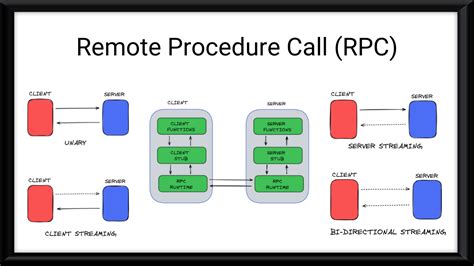Ethereum: impossible to draw rpc bees from another machine in the same local network
As a developer of Ethereum, it is likely that you know the importance of interacting with the Blockchain network using Remote Proited Call (RPC). However, one of the general challenges stands when they try to draw RPC bees in a knot running in the same local network as another machine. In this article, let’s examine why this problem develops and provides possible solutions.
The problem:
When performing a regtest node in the local network, it is an autonomous environment that performs an Ethereum node with limited access controls. However, when trying to draw RPC bees from other machines in the same local network, you will find an obstacle.
In particular, the rpccallowip 'option is disabled by default for the regime's regime nodes on the same local network. This means that when you try to ask for the Ethereum node of another machine using RPC, you receive an error.
The optionrpccallowip ‘:
Ethereum Core 1.x and previously the rpccallowip 'option controls the API RPC access authorizations on the node. If you are set to "True", allow RPC calls from the outside of the local network (ie another machine). However, this option is disabled by default.
Why does it happen?
The reason for this behavior lies in Ethereum architecture and safety barriers. According to design, the regime nodes are isolated environments that must not interact with external networks. Therefore, they are not bound by the same access permits to the production nodes.
When performing a regtest node on the local network, it performs an internal testing request that does not require RPC calls outside the network. Therefore, therpccallowip ‘option is disabled to prevent unauthorized access.
solutions:
To solve the problem and start RPC API calls from other machines on the same local network:
- Use another network:
If you need to interact with the Ethereum node of another machine in the same local network, take into consideration the use of another network (for example: `
rpcuserrpcpassword). It is therefore possible to use these options instead of “rpccallowip”.
- Set
rpccallowip" on "True":
it is possible to set the "rpcallapip" on "True" on the amous node before performing on the same local network:
Bash
Abora -r -N -RPCallowip True
``
Be careful when using this option as it allows RPC calls from outside the local network.
- Use other API API: Consider the “Eth_GeTeventAddres” or “Eth_Call” method of Ethhereum API instead of starting traditional RPC calls in external nodes.
Conclusion:
While “RPcallawip” aims to check that the RPC Access API allows the node, its default behavior in Regest mode prevents interactions with other machines in the same local network. Understanding why this is happening and the implementation of one or more of these solutions must be able to successfully draw the RPC API from other machines in the same local network.
This opens new opportunities in the field of development, tests and excavations within the local Ethereum ecosystem!
